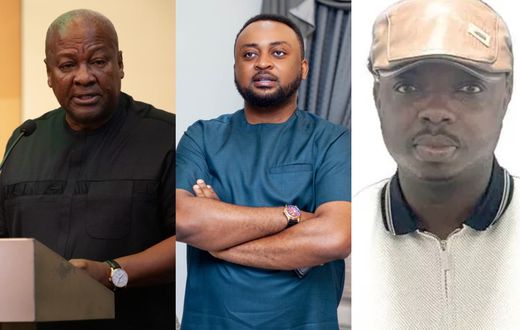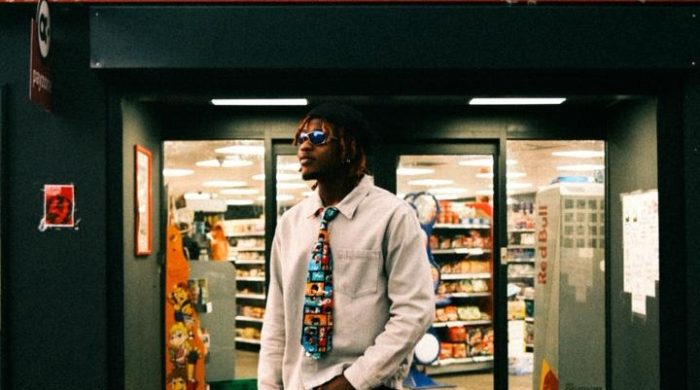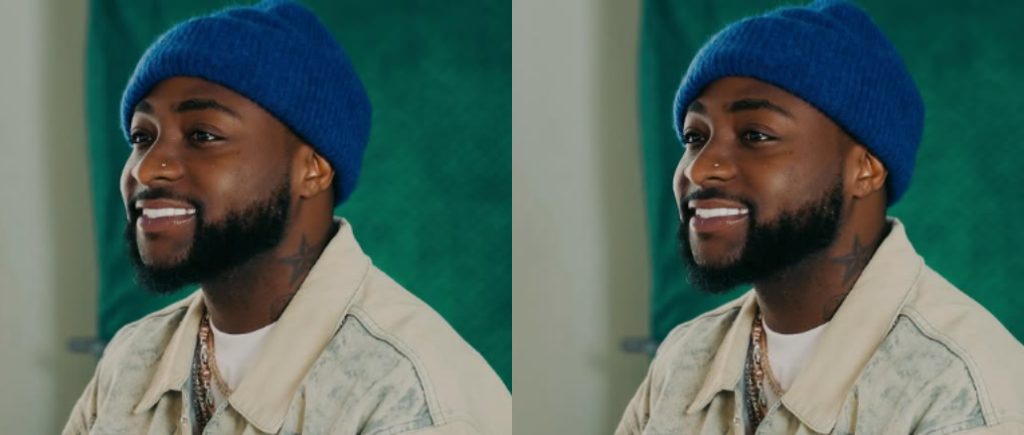Welcome to this edition of Your Weekly Pulse, a comprehensive look at the week’s most important headlines impacting Ghana—and by extension, offering lessons and talking points for Nigeria, West Africa, and our wider African family. If your week has been packed, or you’re just tuning in, here’s a thorough breakdown of the pivotal news, what it means for communities, and why Nigerians and West Africans should care.
1. Renewed Gbiniyiri Tensions: Interior Minister Launches Mediation Committee

Efforts to restore peace in the embattled community of Gbiniyiri, located within Ghana’s Savannah Region, intensified this week. Ghana’s Interior Minister, Mohammed Mubarak Muntaka, has established a high-profile seven-member mediation committee dedicated to ending the violence in Sawla-Tuna-Kalba District, according to official statements.
This committee is chaired by leading peace advocate Mr Emmanuel Habuka Bombande and includes prominent individuals such as Hon Alhaji Collins Dauda (Member of Parliament and Chair of the Lands and Natural Resources Committee), Rev Fr Lazarus Annyereh (Savannah Regional Peace Council chair), Dr Festus Aubyn from the West Africa Network for Peacebuilding, and other respected academics and civic leaders. Their mission: to partner with local stakeholders, foster dialogue, and facilitate safe resettlement for families uprooted by the clashes.
The committee’s composition highlights the urgent need for strategies that not only resolve the present tensions but also lay groundwork for sustainable coexistence. As unrest in one West African community often has ripple effects across borders, security analysts in Nigeria and elsewhere are watching Ghana’s approach to community mediation closely. Could similar multi-stakeholder committees help in Nigeria’s flashpoint regions, such as Plateau or Benue?
2. 24-Hour Economy Debate: Policy or Political Slogan?

The feasibility of Ghana’s proposed 24-hour economy policy has sparked passionate debate, especially among lawmakers. Vincent Ekow Assafuah, Member of Parliament for Old Tafo, is among its most vocal critics, citing, in an interview with Pulse Ghana, that the initiative is nothing more than “a political slogan.”
Assafuah claims that even with two decades, the current administration could not deliver the promised around-the-clock economy, pointing to the absence of a robust economic framework. Nine months into the government’s tenure, critics insist there is still no clear roadmap for transforming public sector and business activity into a true 24-hour engine for job creation.
The idea of a 24-hour economy—a familiar concept in some global financial and industrial hubs—has found mixed reviews in Nigeria, too, where infrastructure, energy access, and security concerns present significant obstacles. Business analysts in Lagos and Abuja often argue that big ambitions must be matched by practical steps: reliable power, transport, and a conducive investment atmosphere. Regional watchers see Ghana’s debate as a microcosm of the broader challenge in West Africa of turning bold policy into daily reality.
3. Opposition Uproar Following Abronye DC Arrest: Political Persecution Alleged

Abronye DC arrest
Tensions between Ghana’s ruling authorities and opposition flared up following the arrest of Kwame Baffoe—known popularly as Abronye DC, Bono Regional Chairman of the New Patriotic Party (NPP). According to the Minority Caucus in Parliament, this move constitutes an outright case of “political persecution and intimidation,” sparking widespread reactions both domestically and within the diaspora.
The Minority group accuses government actors of misusing state security and the judiciary to silence prominent dissenters, sparking fresh questions about political freedoms and fair legal process in Ghana. Abronye DC was remanded by the Accra Circuit Court on September 9, charged with “offensive conduct conducive to a breach of the peace.” His next court appearance is reportedly set for September 12.
Observers in Nigeria recognize parallels with several high-profile crackdowns on opposition figures—often stoking heated debate over the line between lawful prosecution and the abuse of power for political gain. Regional human rights organizations are watching for signs that West Africa’s democracies can assure the independence of courts and law-enforcement amid electoral rivalries.
4. President Mahama’s ORAL Pledge: No Interference in Corruption Recoveries

President John Mahama speaking at a Presidential Media Encounter in Accra on Wednesday, 10 September
Determined to reassure the public, President John Dramani Mahama has promised that Operation Recover All Loot (ORAL)—his government’s headline anti-corruption initiative—will remain free from any form of interference. According to Mahama, ongoing investigations supervised by the Attorney General’s office are being closely scrutinized to avoid any shielding of individuals found liable for malfeasance.
Mahama’s commitment, made during a well-covered media briefing, directly responded to claims from the National Democratic Congress’ General Secretary, Fifi Fiavi Kwetey, who had alleged at the party’s annual meeting that efforts were underway by certain actors to negotiate backdoor settlements with individuals facing corruption charges.
Ghanaians, like Nigerians, understand all too well the challenges surrounding anti-corruption campaigns—especially where powerful interests stand to lose the most. Civil society in both countries often cites the need for transparency, robust prosecution, and clear outcomes to restore public trust. As Ghana and Nigeria each battle with recovering stolen assets, President Mahama’s public pledge sets a noteworthy tone, but all eyes remain on implementation.
5. Ghana Coalition Against Galamsey Rebukes Mahama Over Emergency Refusal

The issue of illegal mining—locally called galamsey—remains a major headache for West African governments and environmental defenders. The Ghana Coalition Against Galamsey has taken President Mahama to task for declining to declare a state of emergency in regions reeling from the environmental and social damage caused by unchecked mining activities.
In their strongly-worded statement, the coalition accused the government of lacking the urgency necessary to tackle what many see as an ecological crisis, according to several advocacy groups. Responding to the criticism at a widely covered media event, President Mahama defended his position, stating that extraordinary measures like a state of emergency should be a “last resort,” only after current laws and systems are exhausted.
Illegal mining is not peculiar to Ghana; Nigeria faces similar threats in Zamfara, Osun, and other states, resulting in pollution, loss of arable land, and violent conflicts. Environmental advocates across West Africa continue to push for tighter regulation, stronger law enforcement, and community involvement—a recurring theme as mineral-rich regions struggle to balance economic necessity and environmental stewardship.
Conclusion
From Gbiniyiri to Accra, these stories paint a vivid portrait of the complexities facing Ghana today—yet the themes resonate powerfully with Nigerians and others across West Africa. Whether dealing with communal conflict, the realities of economic reform, allegations of political intimidation, anti-corruption drives, or the fight against illegal mining, the lessons and debates are shared ones.
As West Africans, we are all impacted by our governments’ ability to deliver justice, promote real development, and protect our people and environment. What’s your view on how these issues should be managed, not just in Ghana but across the region? Drop your thoughts in the comments, and be sure to follow us for the latest updates on stories shaping our continent’s future.
Food inquiries: food@nowahalazone.com
General support: support@nowahalazone.com
Story sales/submissions: story@nowahalazone.com
Follow us on Facebook
Follow us on X (Twitter)
Follow us on Instagram










